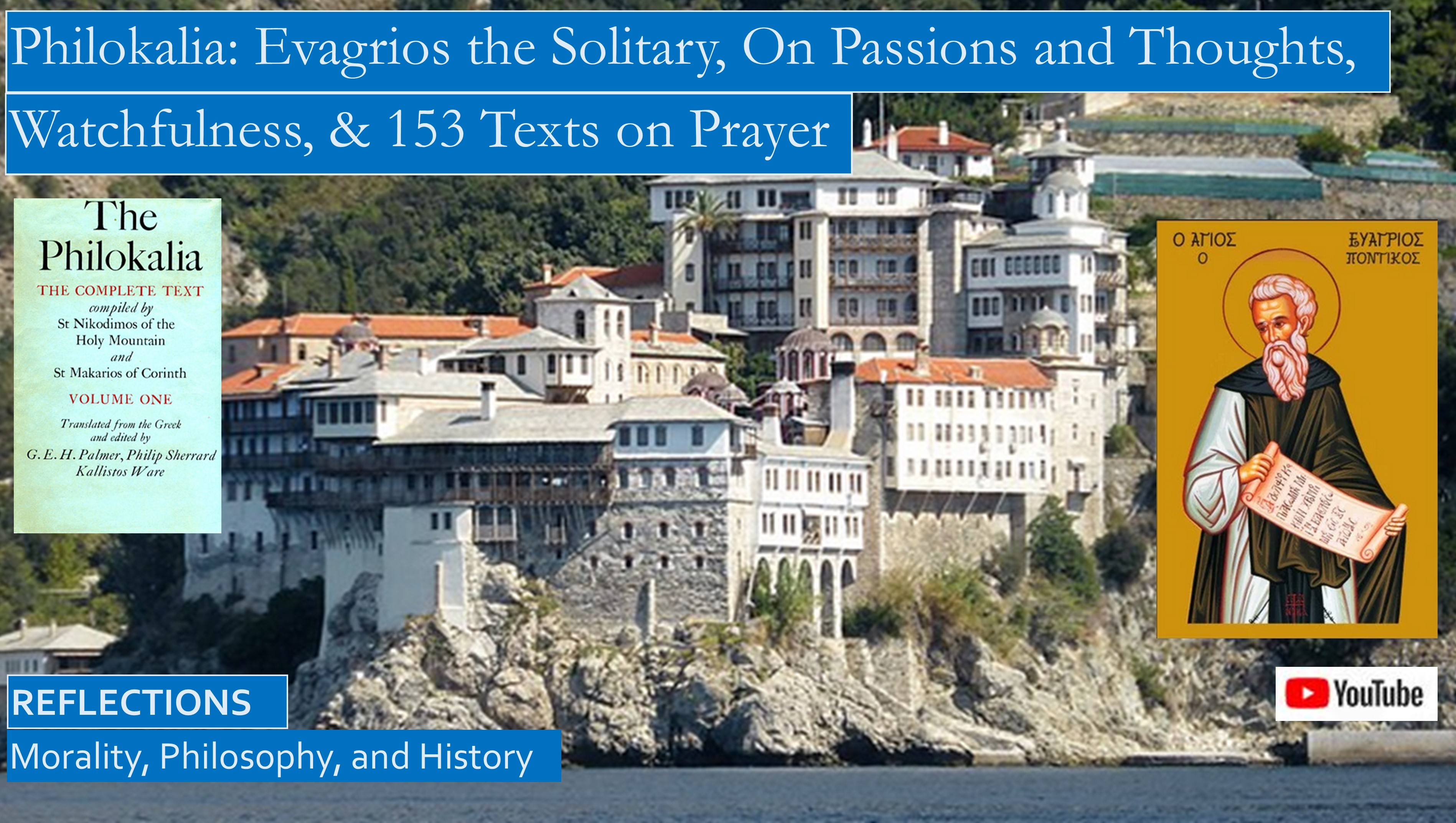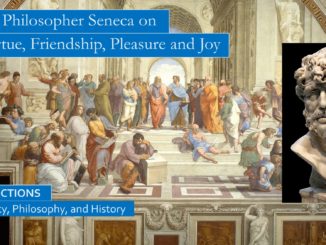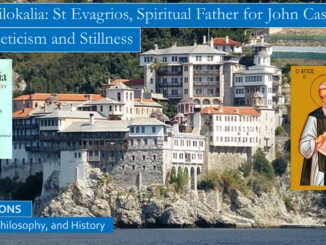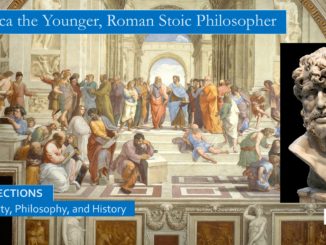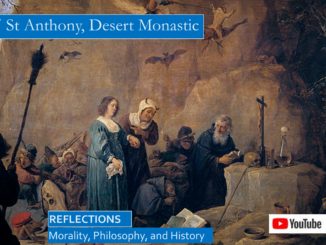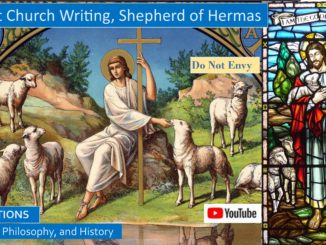
Shepherd of Hermas on Envy, Dangers of Luxury, and Salvation
The Shepherd of Hermas, also known as the Pastor of Hermas, was regarded by some early Christians as Scripture. A consensus was reached that only books that were apostolic would be included in the canon, and the Shepherd was written in the generations after the apostles. But it was recommended by many for profitable spiritual reading, and reading this work is profitable still, for the message of Hermas runs counter to the prosperity gospel, condemning luxurious living. He has a vision in Similitude 6 of a false shepherd, “an angel of luxury and deceit,” whose sheep “were feeding luxuriously and riotously, merrily skipping about,” “deceived by wicked desires, forgetting the commandments of the Living God.” Those who are lost in luxurious living, spending their time eating “the richest delicacies and in drunken revels,” cannot “return to life through repentance, because they are adding to their sins, and blaspheming the name of the Lord.” […]

